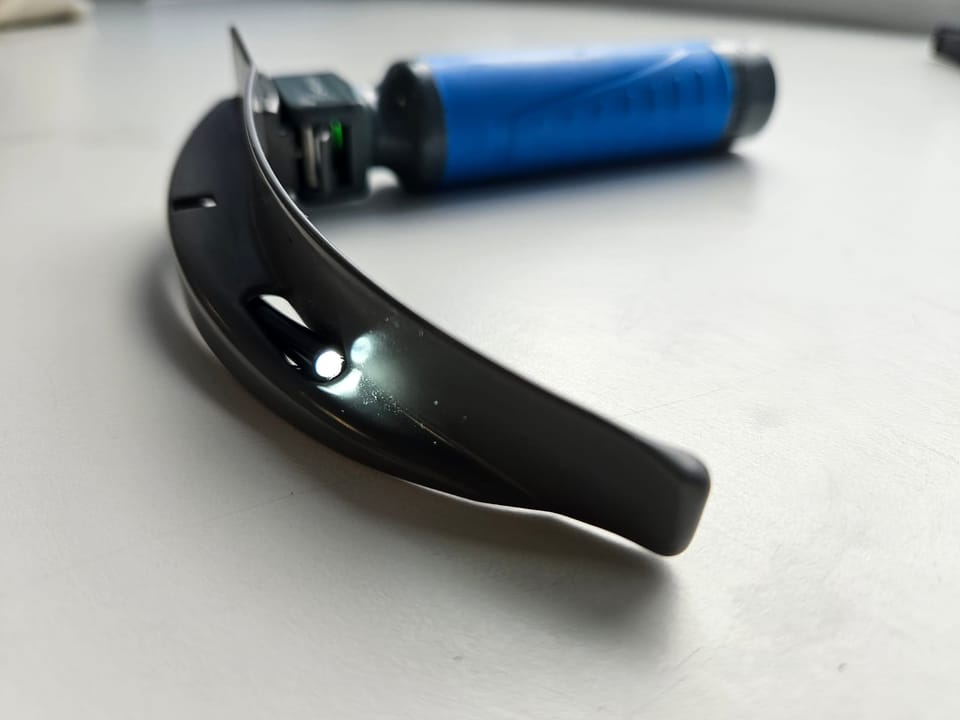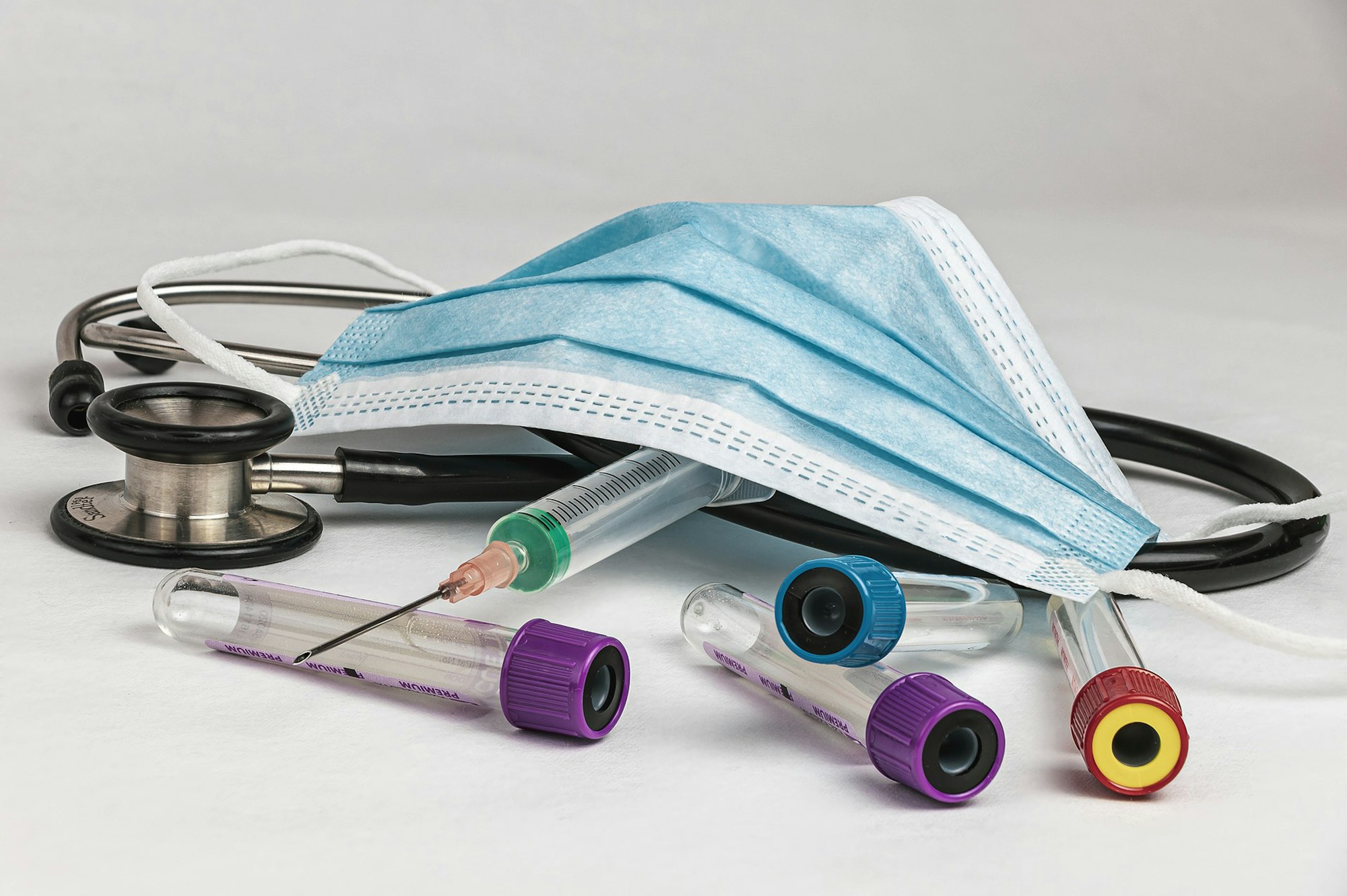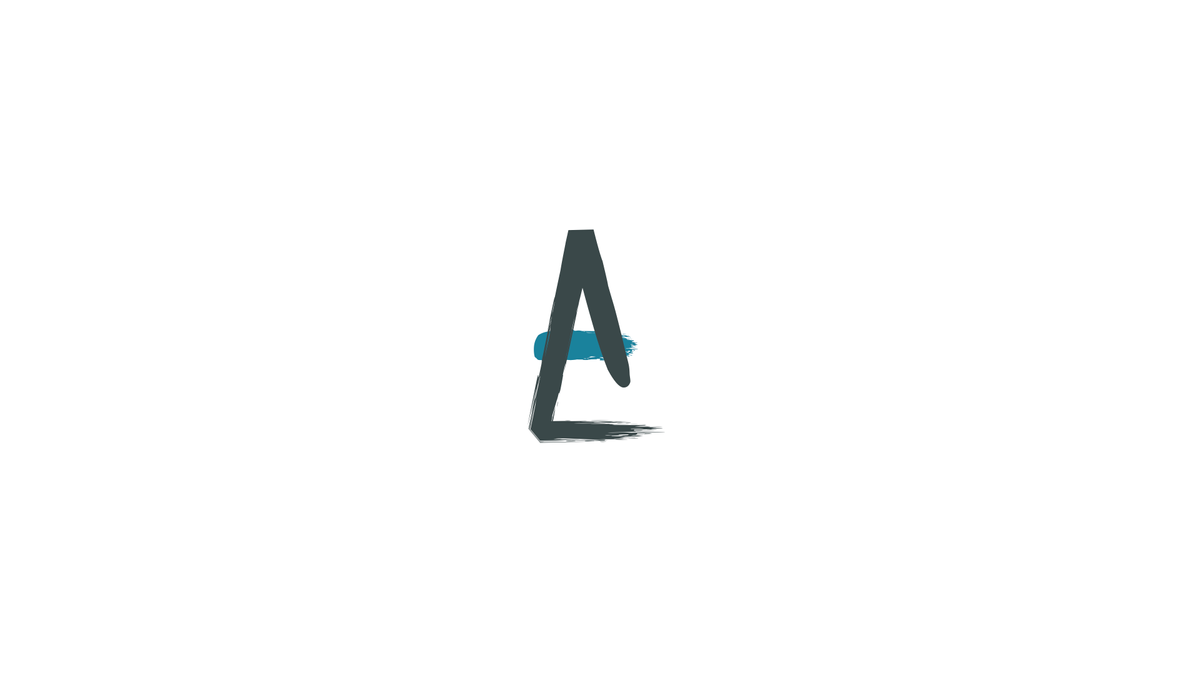Novice Period - Frequently Asked Questions

We had loads of questions as new anaesthetists, and we get asked loads as well. Here we've compiled the most commonly presented queries that we hope you will find useful. Let us know if you have other questions and we'll do our best to answer them!
What is expected of me as a Novice?
To be 0% knowledgeable and 100% reliable
It’s a big deal starting anaesthetics training as a novice, regardless of your experience or background. It’s a huge change from ward medicine, or any other sort of medicine really, to a world of dangerous instant-onset drugs that you administer yourself, highly technical machines that you need to understand inside and out to keep people alive, as well as invasive procedures involving large needles near some pretty important body parts. This is not to scare you, this is to remind you that every senior you work with has been in exactly the same position and knows just how you feel. Nobody is expecting you to know much at all, rather they’re looking to see that you have a willingness to learn and that you demonstrate diligence and attention to detail, with the right amount of humility and respect for the game.
I do not have any previous ITU/anaesthetics experience, will that put me at a disadvantage?
No amount of ITU experience prepares you for your first fully independent anaesthetic
Of course it helps if you’ve intubated someone before, you know exactly how propofol works, or you’re confident doing central or arterial lines before you start anaesthetics, but in reality, you’re going to be doing these frequently, and you’ll pick the skills up quickly enough anyway, so don’t worry. It’s a steep learning curve regardless of your experience, and the trainees I’ve worked with who have come straight from Foundation training have said it’s a potentially little steeper if you’re completely new to the world of sedation and intubation, but in theatre you’re so well supported by consultants and senior trainees that you’ll be able to pick things up at your own pace, so don’t worry!
How much supervision am I given in the first few months?
They’ll watch you adding milk to your coffee
Consider for a moment how dangerous anaesthesia can be if done incorrectly, and you’ll appreciate why the novice period exists. You won’t be allowed to do anything independently until your supervisors are happy that you can do it safely on your own. That said, as soon as you have demonstrated that you can, they’ll be very quick to get you flying solo as much as possible, because it’s a much better way to learn and much more rewarding. To give you an idea, I did my first independent induction and intubation on my own with the consultant hiding in the next room during the second week of my novice period, so it’s pretty quick progress. This is one of the best bits in my opinion – you feel like you’re learning loads of new skills really quickly. It’s a very rewarding period of time, so enjoy it as much as you can!
After the IAC am I left unsupervised?
Yes!
I can only speak from personal experience. The prospect of being on the on-call rota and flying solo after just three months or so of supervised learning terrified me during my novice period. I couldn’t fathom how in such a short space of time I’d acquire the experience necessary to anaesthetise someone on my own in the middle of the night. But around a week or two before the end of the novice period, everything started to click into place in my head. I felt pretty ready to get going by the time sign-off came around. Of course I was nervous, but the terror had turned into excitement and it ended up being really enjoyable. Bear in mind this is only for the overnight on-calls, where you will only be expected to manage the most simple cases (young healthy people for appendectomy or testicular torsion etc) by yourself. Everything else you will be supported for, including most cases during the day when there is a consultant around, and you’ll be able to work with your supervisor to ensure you have the right amount of supervision for your level of confidence and experience, whether that’s the consultant standing by your side or in the coffee room down the corridor. And as always, as soon as you feel out of your depth, call for help, nobody will criticise you for seeking help.
What is something many trainees wish they had been told before starting Anaesthetics training?
There’s no one ‘right’ way to do an anaesthetic
There are plenty of wrong ways to do it, but there’s certainly no one ‘right’ way to anaesthetise a given patient. As long as they’re safe, comfortable, and you’re not anaesthetising all of the staff in the room as well, then you can do what you like really. I found this hard, especially at the start, because I have the sort of personality who likes to be told ‘do it this way every time‘, which in anaesthetics, doesn’t exist. You’ll be with a different consultant each day who will do things their own way and it will be frustrating and confusing because you’re still just trying to learn the basics and they seem to be contradicting what you’ve been told before. Go with the flow, and you’ll start to pick up the traits and quirks that you like from different supervisors, and you’ll create your own recipe to build your anaesthetic.
What courses should I ideally be doing in CT1?
Just get the IAC done, and make sure your ALS is in date
I did no courses at all during my CT1. In my opinion you’ve got plenty of time and the focus should be on just building experience anaesthetising lots of different types of people to build your confidence. Of course if you want to go on courses, then go crazy – PALS, ATLS, MIMMS – take your pick, it’s up to you. But don’t feel any pressure if you’d rather focus on keeping things simple for at least the first year. As with everything in anaesthetics, don’t let other people rush you.
Will I actually feel like I’m being trained?
Anaesthetics is one of the few specialties where you feel like an actual trainee, and not just part of the work force
Yes – Short answer. The training in anaesthetics, and the experience of being a CT1 anaesthetist, is absolutely fantastic to the point of feeling almost guilty as you sit there having a casual conversation with your consultant, knowing that meanwhile your contemporaries in other specialities are running round like crazy struggling to get all the jobs done. It’s a good life! Anaesthetics is also as much of an art form as it is a science, so you feel like you are building and honing your craft in ways that other areas of medicine don’t offer. Some people find there is almost too much support, especially after a few weeks when you’re starting to feel a bit more confident in your abilities, but the majority of consultants are very good at giving you enough supervision without feeling overbearing.
Do I need to do any reading before my first day of CT1 Anaesthetics?
You don’t need to, but it’s worth having a look
The more you read about anaesthetics, the better prepared you’ll be, however in reality the hands-on nature of the job means it is always going to be a steep learning curve when you start. I would advise having a look at our induction agents and anaesthetic equipment pages, to get a feel for the basics that you’ll be doing on a daily basis, and have a look through some of our case posts for examples of a typical anaesthetic. Don’t work too hard before you start, and don’t worry, nobody is expecting you to know very much about anaesthetics at all!
I’m nervous about drawing up drugs
Other useful blog posts for your novice period



